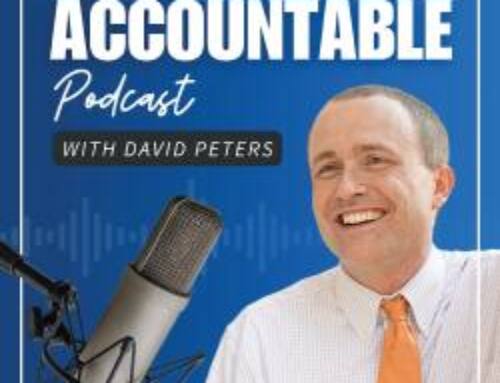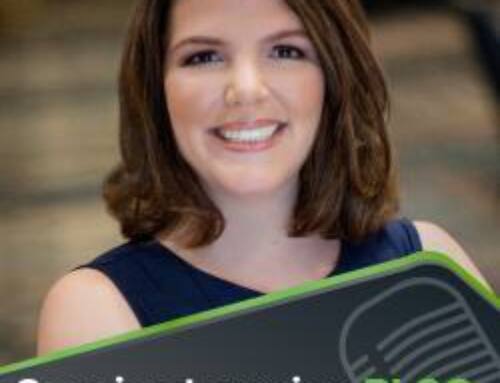Single Audit Considerations
Melisa Galasso
In response to the devastating effect of the global pandemic on the US economy, Congress passed several laws (the CARES Act, CAA and ARPA) that contained trillions of dollars to stimulate the economy. These funds came in the form of various grants, loans and other financial assistance. The funding was received by many state and local governments as well as nonprofit entities. Many of these entities have not previously received this level of funding. The Uniform Guidance requires that any nonfederal entity that receives more than $750,000 in a fiscal year is required to have a Single Audit.
A Single Audit includes both a financial statement audit but also a compliance audit. The compliance audit requires auditors to obtain sufficient appropriate evidence that the funds were used in compliance with laws, regulations and terms and conditions of the award. Testing would include reviewing compliance requirements like eligibility, allowable costs and reporting. Single Audits also require auditors to test the operating effectiveness of internal controls over compliance. In a financial statement audit, an auditor is only required to evaluate whether the internal controls over financial reporting are designed and implemented but testing the operating effectiveness is at the discretion of the auditor. As a result, many of the tests and internal control work will be new to these organizations who may not have the documentation needed to obtain an unmodified opinion.
While Single Audits normally only apply to nonfederal entities (state and local governments, Indian tribes, institutions of higher education and nonprofits) several funds were received by for profit entities that are requiring unique audits for those entities as well. Provider Relief Funds were used to support healthcare providers (doctors and hospitals) during the pandemic. It included funding for lost revenue in addition to covering costs related to the pandemic. For profit organizations that receive this funding will also be required to undergo additional audits. These audits are more detailed and have very unique requirements. As a result, recipients of these funds may not have the systems and processes in place to provide auditors with sufficient appropriate evidence. In addition, not all audit firms perform single audits. Due to their unique requirements, this will require entities to potentially have to find a new auditor or to see if their current auditor will be willing to learn the intricacies of these audits. Entities receiving funds should ensure that they understand the terms and conditions of the awards and should contact their CPA if they are unsure of the impact on their organization.
Melisa Galasso with Galasso Learning Solutions.
With over 15 years of experience in the accounting profession, Melisa Galasso designs and facilitates courses in advanced technical accounting and auditing topics, including not-for-profit and governmental accounting. She closely monitors regulatory bodies for changes in auditing and accounting guidance and serves as a subject matter expert in implementing the updated guidance.



